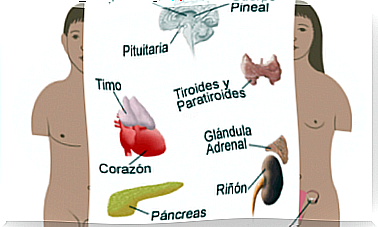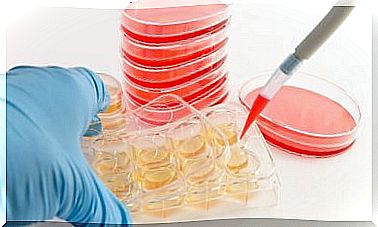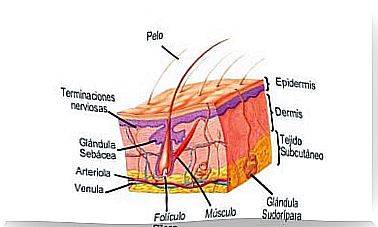10 Healthy Foods To Regulate Digestion
Food conditions the health of the digestive system. If we eat a diet loaded with sugar, poor quality fats and refined flours, the chances of stomach problems appearing is very high. To avoid these problems we show you 10 foods that could help you regulate digestion.
Many people become indigestible due to excess food and drink, it is a never ending problem. According to the National Center for Health Statistics, more than 3.3 million people are hospitalized annually for digestive diseases in the United States.
What can cause poor digestion?
Indigestion can be caused by eating too much or too fast, eating a lot of fatty foods together, or eating during times of stress. Smoking, drinking too much alcohol, taking some medicines, excessive tiredness, and ongoing stress can also cause indigestion.
How to avoid heavy digestions
- It is important to take care of the time of intake. Chewing slowly and salivating the food well helps to swallow it correctly.
- Also become aware of the present moment of the act of eating. If the intake is done in a disorderly way, with stress, quickly and while doing another activity or when you are very tired, it negatively influences the digestive system and causes an upset stomach.
- The state of mind directly influences the assimilation of substances. Disgust or anxiety causes digestive enzymes to slow down.
- Also take care of the schedule. Eating or dining too late can cause heaviness, bloating, burning, or reflux. Allow four hours between lunch and lunch and dinner for at least 2 hours before going to bed. According to a publication in the Nutrients magazine , the time of day in which the day’s intakes are made determine the metabolism and digestion of nutrients.
- Are you hungry before going to sleep? Choose a light protein: a yogurt, a glass of milk or a portion of cheese.
Foods to regulate digestion
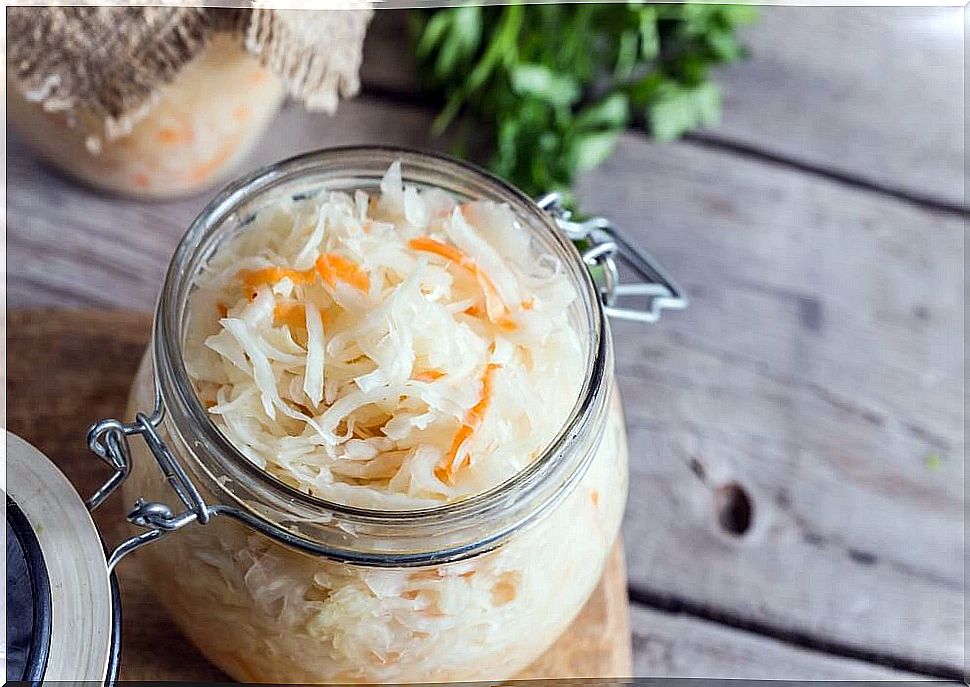
1. Fermented cabbage or sauerkraut
A couple of tablespoons before meals stimulate the production of stomach acids that are involved in digestion. It contains beneficial bacteria for the intestines, which balance the intestinal flora and help maintain good transit.
2. Apple cider vinegar
There is good reason that apple cider vinegar produces wellness in every way. And it is that, it helps your body to create HCL (hydrochloric acid), which is a benign stomach acid that helps digest fats, carbohydrates and proteins.
Additionally, this aids in weight loss and also helps alleviate reflux and irritable bowel syndrome due to all the beneficial probiotics and amino acids.
3. Mangoes
Mangoes have been shown to help keep the good bacteria in your gut alive. According to a recent study from Oklahoma State University, adding a mango a day to your diet could improve gut health, while helping to reduce body fat and control blood sugar.
Better yet, because the fruit has such a fantastic nutritional profile that according to some researchers, mangoes contain many nutrients and other bioactive compounds that can provide various health benefits.
4. Kefir
This food is like a sour yogurt, much more liquid. What makes kefir so wonderful for your gut is that, according to a study published in the journal Information Technology, it contains at least 10 live and active strains of bacteria, compared to most yogurts that typically have three.
5. Olive oil to regulate digestion
Its use has been advised since ancient times to promote the digestive system. It protects against gastric reflux that produces heartburn, and helps the stomach contents to be released slowly and gradually into the duodenum, which increases the feeling of fullness.
6. Artichoke or artichoke
It contains cynarin, an acidic substance that stimulates the production of bile, which alleviates the task of the liver and prevents the formation of stones or gallstones. It is a natural diuretic, relieves hangover symptoms, and is high in fiber.
Regular consumption of artichoke is associated with a lower incidence of diseases that affect the liver, according to research published in the journal Plant Foods for Human Nutrition .
7. Apple
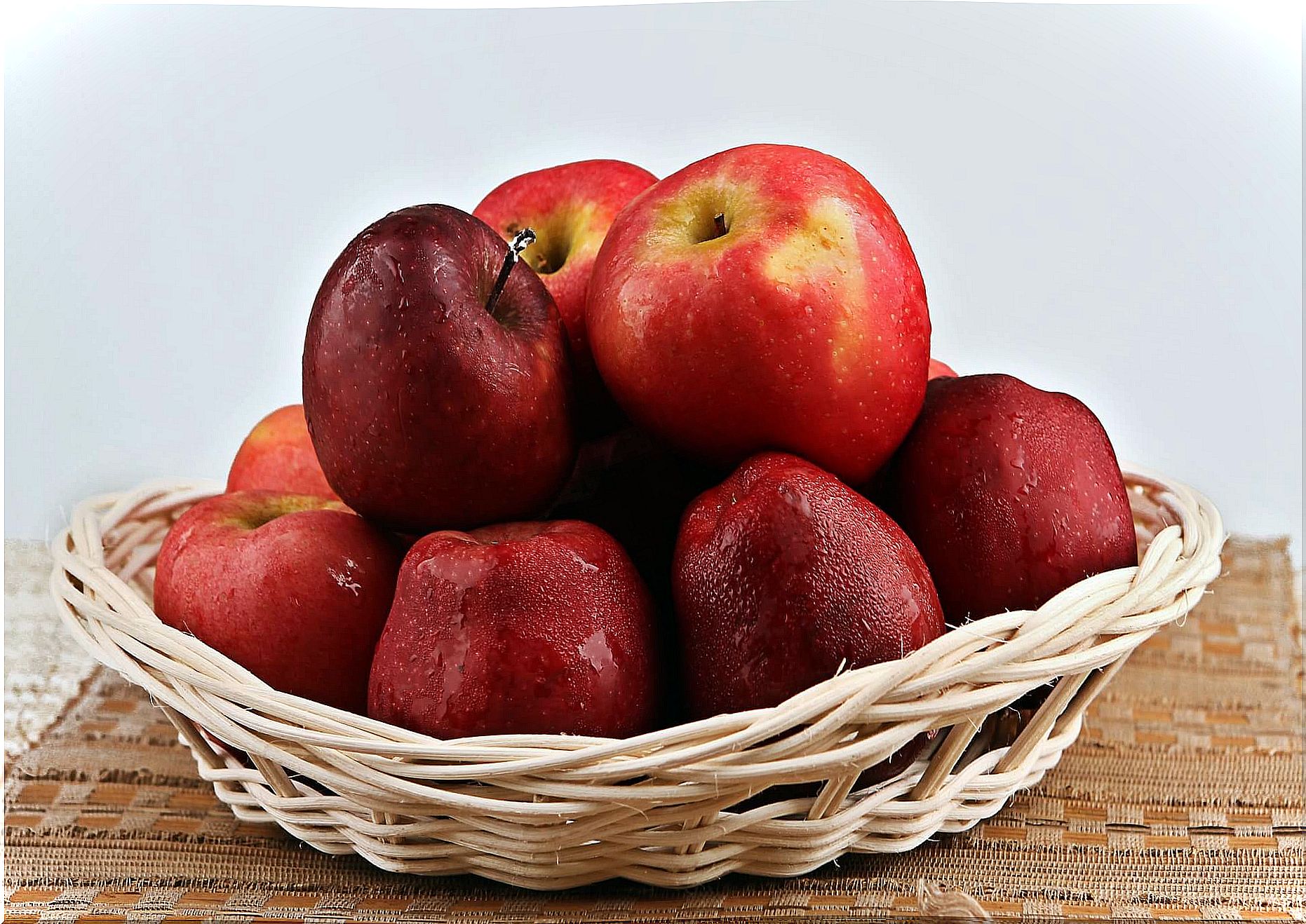
Its content of pectin, soluble vegetable fiber, favors digestion and prevents intestinal fermentation. It can also help reduce constipation and control bad or LDL cholesterol. Apples in the shell help maintain the health of the digestive tract.
8. Yogurt
Its probiotic content makes it one of the foods that most promote digestion. Probiotics are living microorganisms, such as bacteria and yeasts, present in food. They strengthen the immune system and help preserve the health of the intestinal flora. They are useful to maintain good intestinal transit.
9. Pineapple or pineapple
According to the National Library of Health of the United States, pineapple contains bromelain, an enzyme that helps break down proteins that are difficult to digest. Pineapple is also used to combat intestinal conditions, bloating, and ulcers.
10. Ginger to regulate digestion
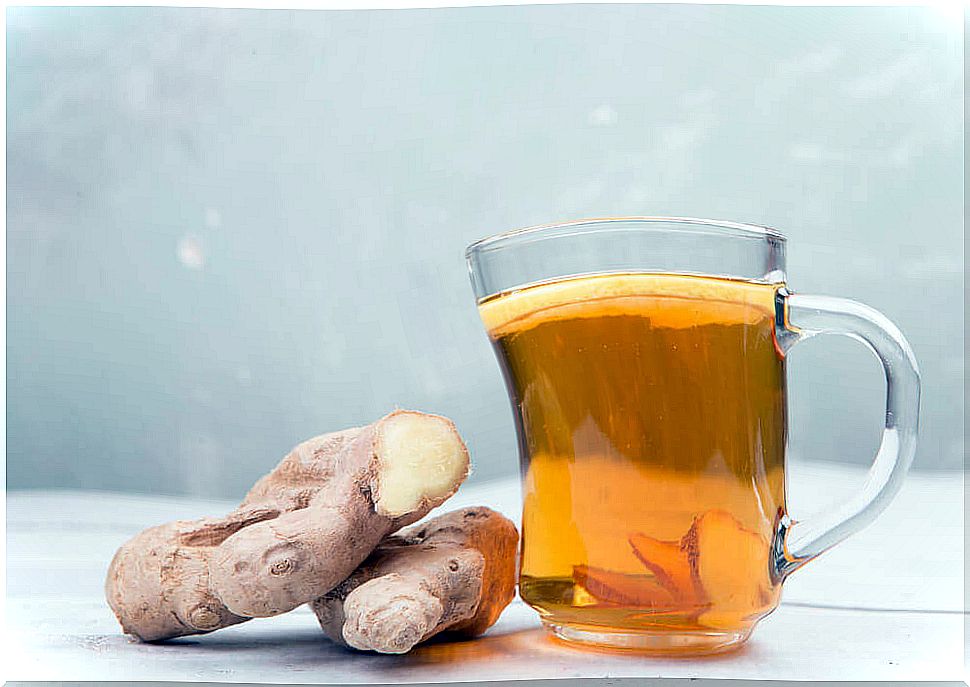
This aromatic root is an excellent digestive stimulant. It encourages the release of enzymes by the pancreas, helping to make swallowing lighter and without acidity. Another of its main properties is that it is antibacterial.
It prevents alterations in the intestinal flora, reduces diarrhea and improves evacuation. In infusion it prevents dyspepsia (slow and laborious digestion).
A varied and balanced diet to promote digestion
Finally, remember that each person has a different tolerance, so it is better to try the foods mentioned little by little and evaluate yourself carefully to find out what is best for you and what is not. Keep in mind that avoiding ultra-processed foods and trans fats will contribute to better digestion.






